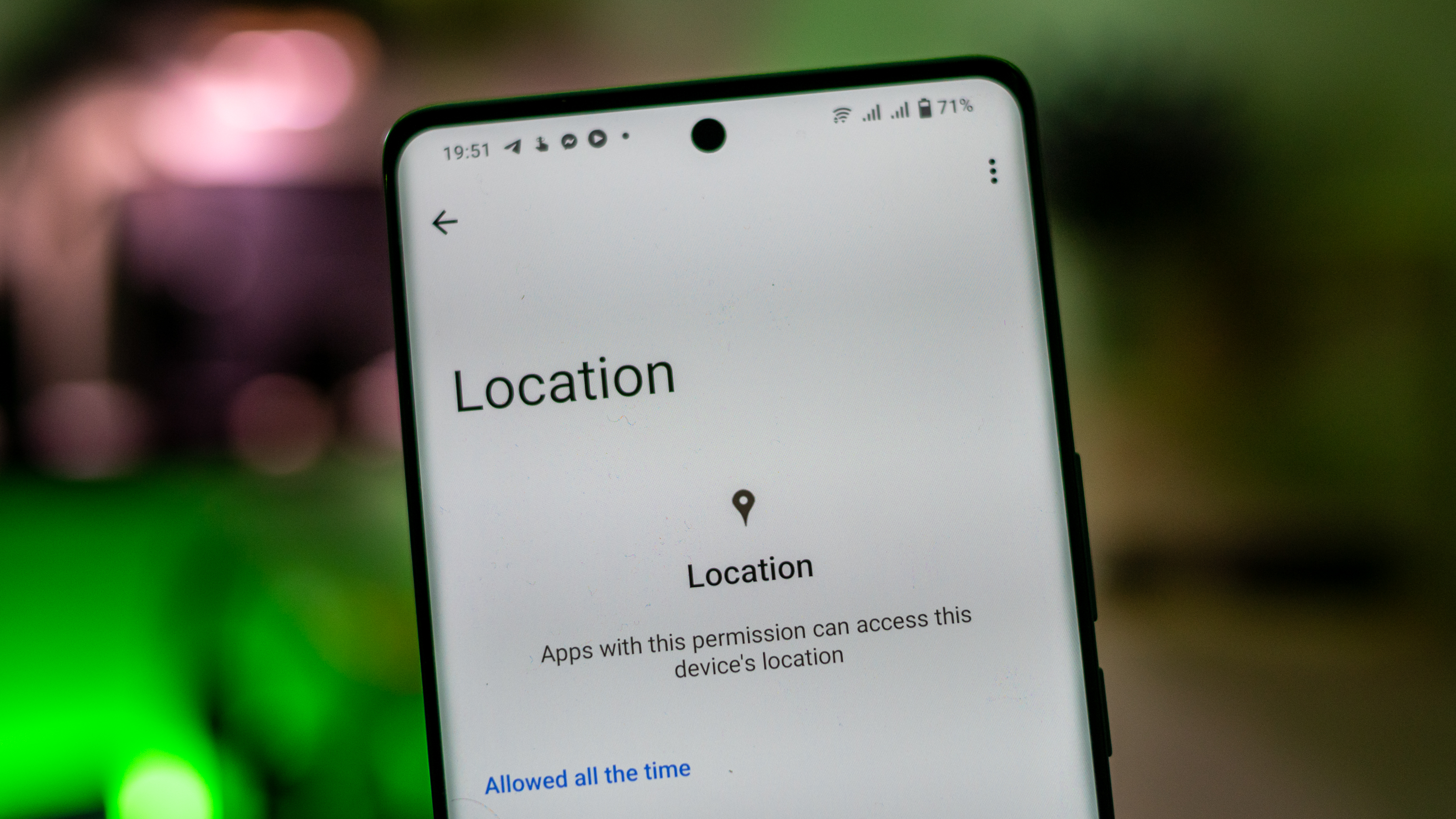Google agrees to pay Washington state $40 million over location tracking claims
The company was accused last year of misleading consumers about how it tracks users' location.

Get the latest news from Android Central, your trusted companion in the world of Android
You are now subscribed
Your newsletter sign-up was successful
What you need to know
- Google will pay the state of Washington $39.9 million to settle a lawsuit accusing the search giant of tracking users' locations without their knowledge.
- According to the lawsuit, Google profited from users' location data even if they opted out of the tracking feature.
- The state of Washington accused Google of deceiving its users.
Google agreed to a $39.9 million settlement to end a lawsuit accusing the company of deceiving users with a location privacy setting that did not actually disable data collection when users opted to turn it off.
The settlement concludes a lawsuit brought by Washington State Attorney General Bob Ferguson early last year. Ferguson initially launched an investigation as part of a multistate lawsuit filed by the AGs of Indiana, Texas, and Washington, D.C. In a press release, Ferguson's office stated that it "independently filed its own lawsuit and obtained this resolution."
As a result, Washington State raked in more than double the amount that Google would have paid to the state under the multistate settlement.
"Google denied Washington consumers the ability to choose whether the company could track their sensitive location data, deceived them about their privacy options, and profited from that conduct," Ferguson said.
The state alleged Google continued to collect location data from its users even after they turned off the "Location History" option in their account settings. In reality, it was "nearly impossible" for users to prevent Google from tracking their location, the lawsuit states.
We've reached out to Google and will update this article when we receive a response.
Meanwhile, Google vowed to obey court-ordered changes to make its location tracking settings more transparent. The press release described several concessions Google must adhere to as part of the settlement, including showing users additional information when they turn on or off location settings in their accounts.
Get the latest news from Android Central, your trusted companion in the world of Android
The settlement also requires the Mountain View-based company to make location tracking-related information visible to users and provide more details about the types of location data it collects and for what purpose.
Google's location privacy settings caused the company months of legal trouble. Last November, it agreed to pay $392 million to settle a privacy lawsuit brought by 40 state AGs. A month before that, it resolved a lawsuit over the same issue by agreeing to pay $85 million.
It remains to be seen how the changes promised by the company will make its data practices more transparent to consumers. But with no federal law governing online privacy in the United States, state regulators are forced to make do with what they have.
The American Data Privacy and Protection Act (ADPPA) will, hopefully, bring about a meaningful privacy regulation at the federal level. While the bill failed to pass Congress last year, lawmakers recently completed the third of three hearings before drafting a new version of ADPPA.

Jay Bonggolto always keeps a nose for news. He has been writing about consumer tech and apps for as long as he can remember, and he has used a variety of Android phones since falling in love with Jelly Bean. Send him a direct message via X or LinkedIn.
